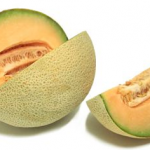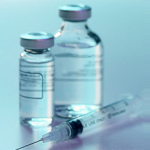Kale
Detoxification
Kale is a vital detoxification agent, which can have positive effects on the body’s cholesterol levels due to its ability to cleanse the bloodstream of free radicals and other harmful foreign bodies. It is such a strong detoxifier that it can even help fight the production of cancer cells. These two properties of its detoxification capabilities alone hold massive implications for the prevention and management of diabetes. The improvement of cholesterol levels is important to prevention, due to the correlation between obesity and high cholesterol with the onset of diabetes. The elimination of cancer cells is important to management, as cancer can be one of the worst side effects of long-term diabetes.
Nutrients
A vast quantity of nutrients can be gained from the consumption of kale. These include a number of antioxidants which aid the above processes of detoxification. These also include a host of vitamins and minerals, as well as dietary fibers. The fiber content of kale is a major addition to its cleansing properties, helping to reduce blood sugar while increasing the effectiveness of insulin.
Kale is also quite high in manganese. This is a naturally-occurring substance that increases the body’s creation of insulin while also improving the body’s insulin sensitivity. Combined with kale’s high quantities of lutein, which helps protect the body against high blood sugar, the general effects of this leafy vegetable on the diabetic patient are incredibly positive.
Risks
Unfortunately, kale is not entirely risk-free. Cruciferous vegetables such as kale, while packing a large number of nutrients and general health benefits, can be risky for people of certain nutrition types. Those with high quantities of natural calcium are discouraged from consuming large quantities of kale, as kale can inhibit the body’s ability to absorb calcium. This can lead to problems that affect the kidneys, joints, and gallbladder. Boiling kale prior to consumption can help to lessen these effects, but in general it is wise to avoid excess kale consumption when eating foods that already provide high quantities of calcium.

























